Historical Significance of Russia’s Invasion of Ukraine and the New International Order
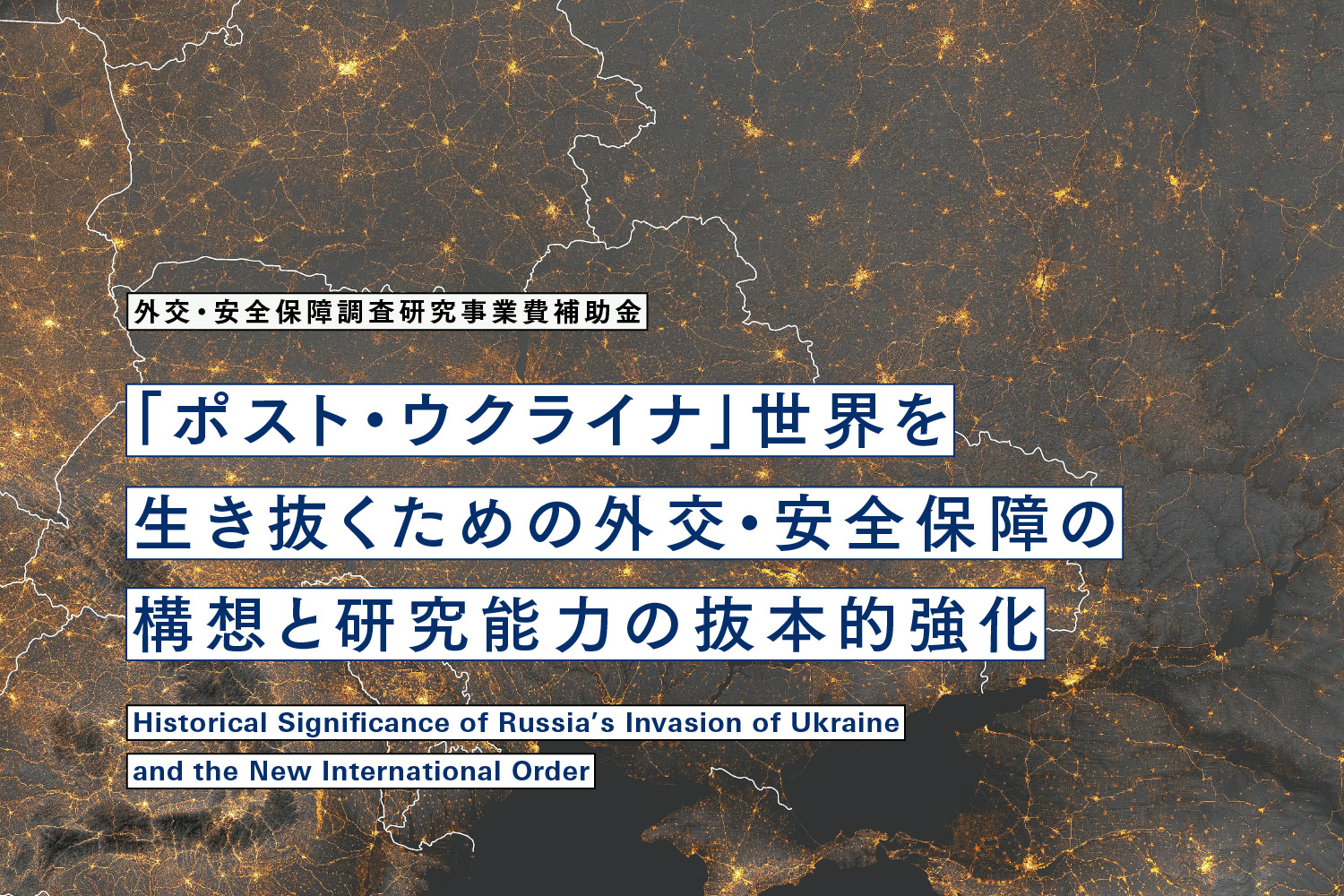
Working groups
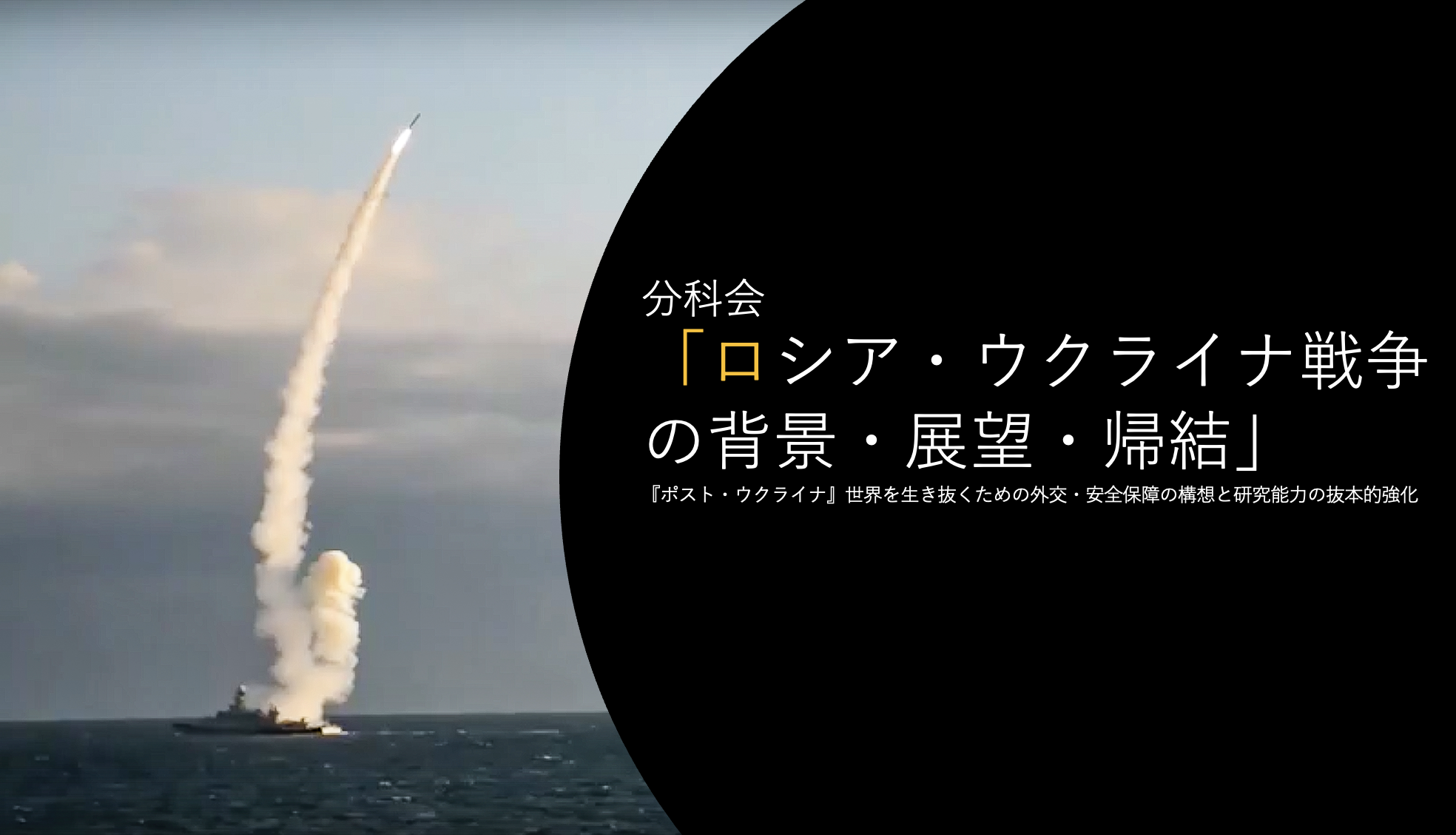
"Background, Outlook, and Consequences of the Russia-Ukraine War" Working Group
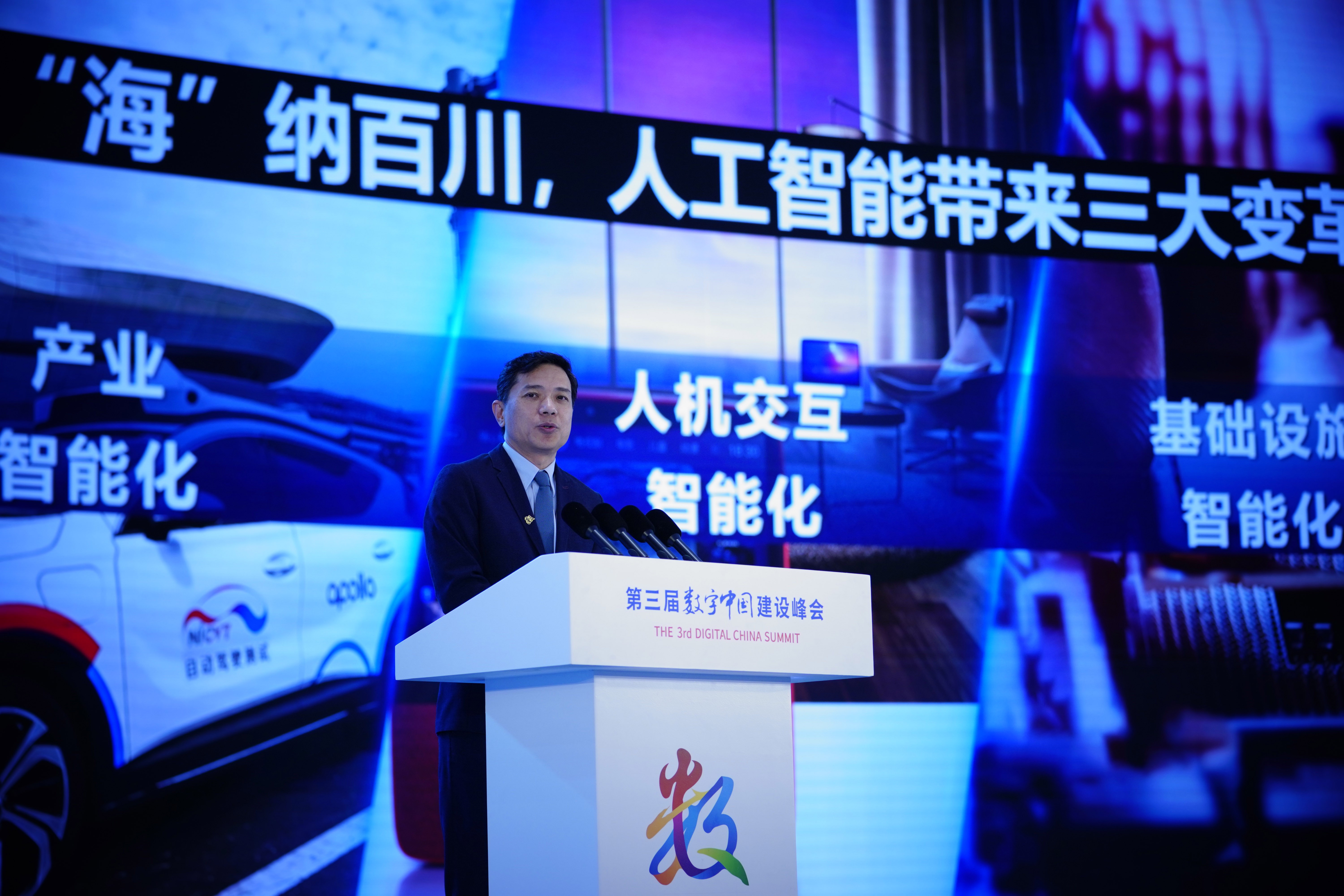
"Indigenous Logic of the Regions of Eurasia" Working Group
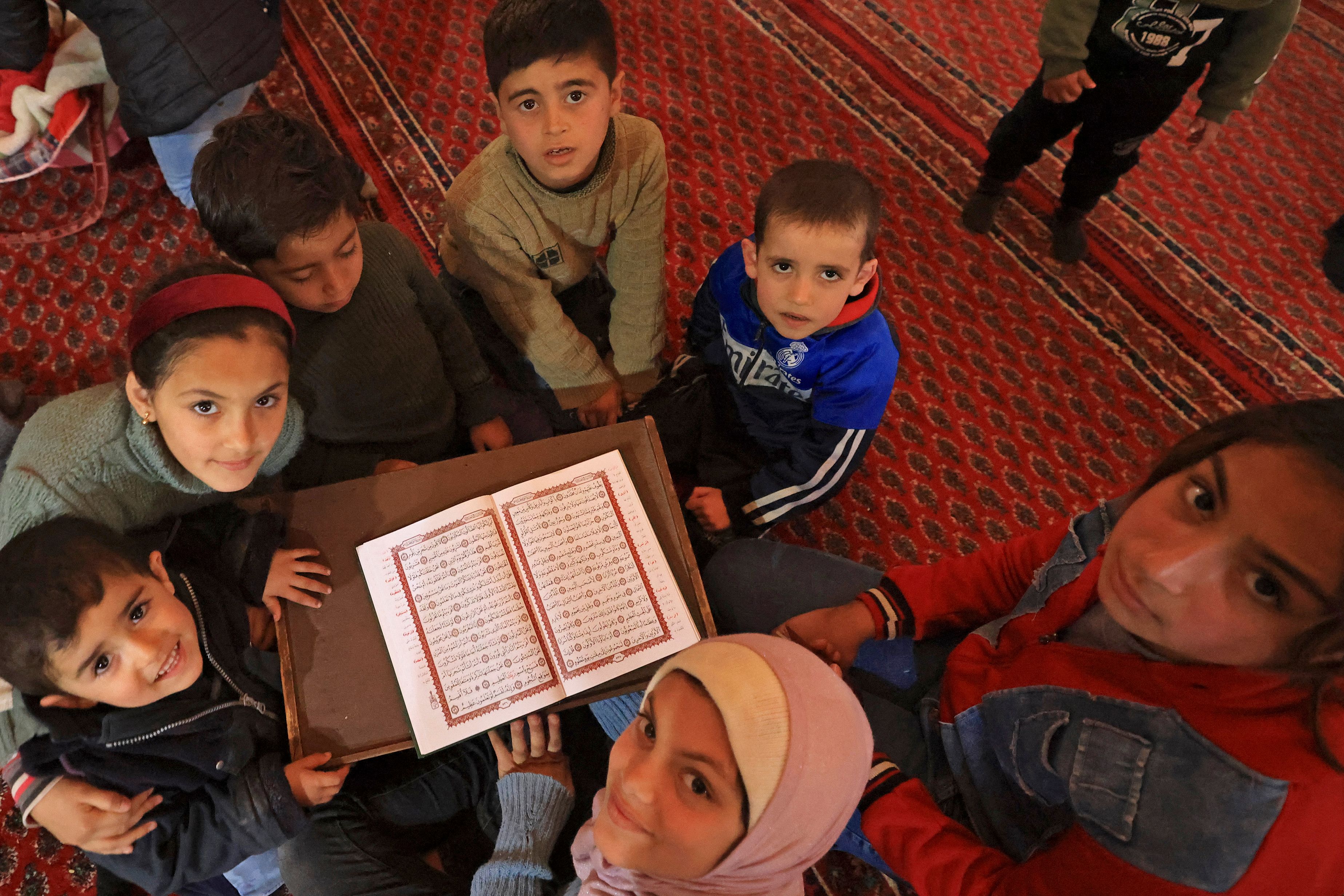
“Multipolarity and Balance in the Middle East and Islamic World” Working Group

"Information and Cognitive Domain Security" Working Group
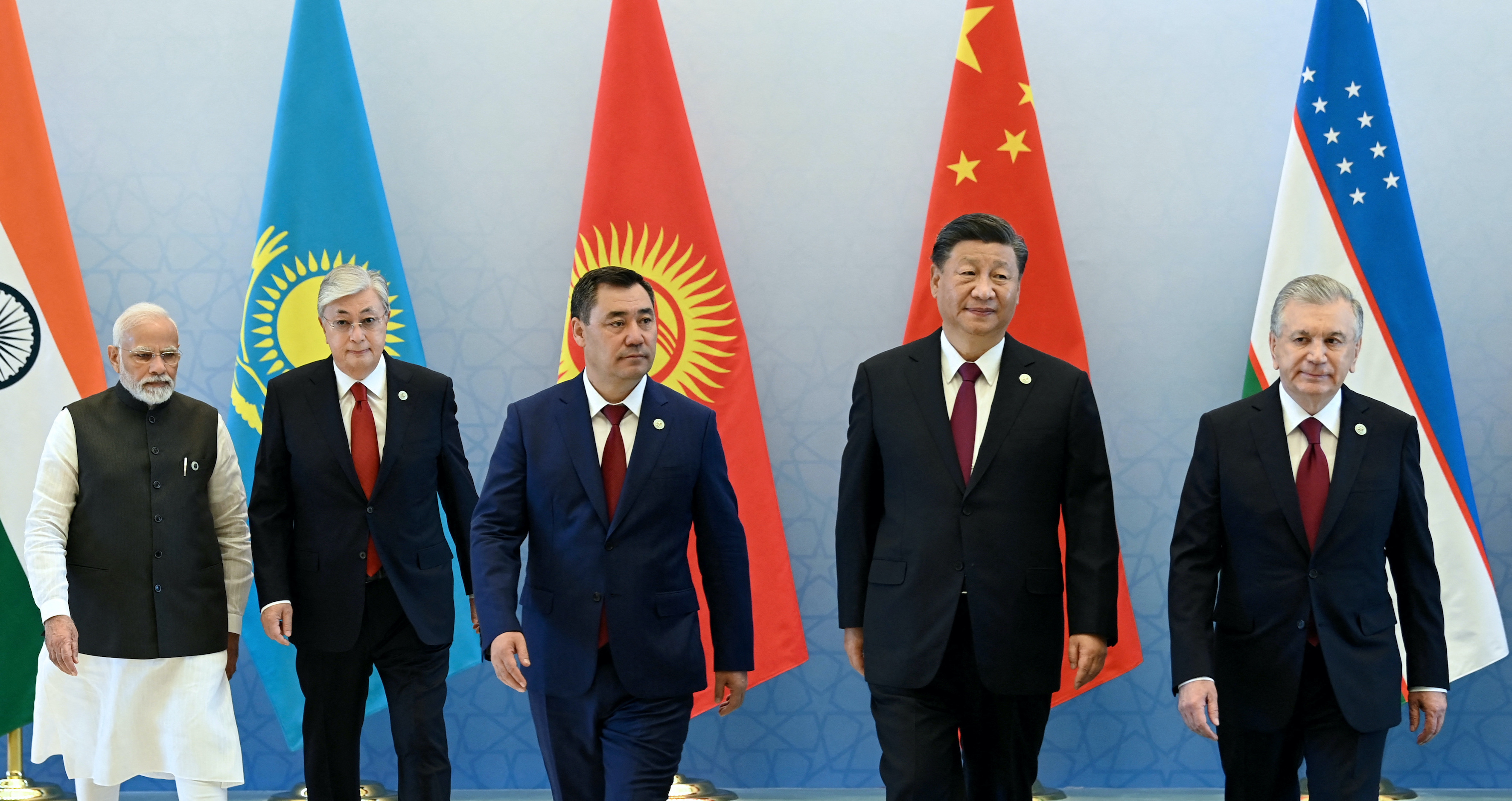
"Emerging Security Landscape in Greater Central Asia" Working Group
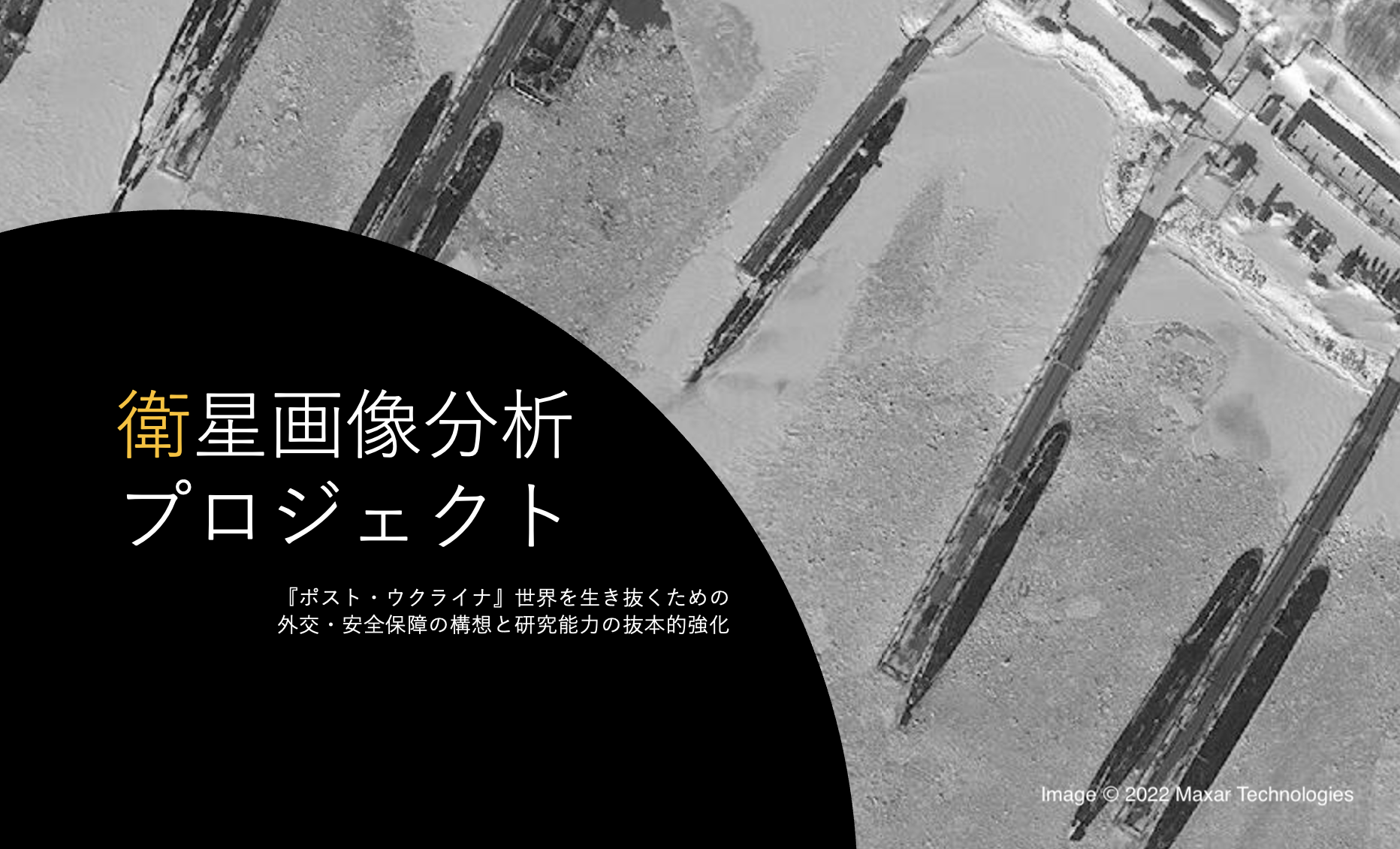
"Satellite Imagery Analysis for Security Policy Research" Working Group
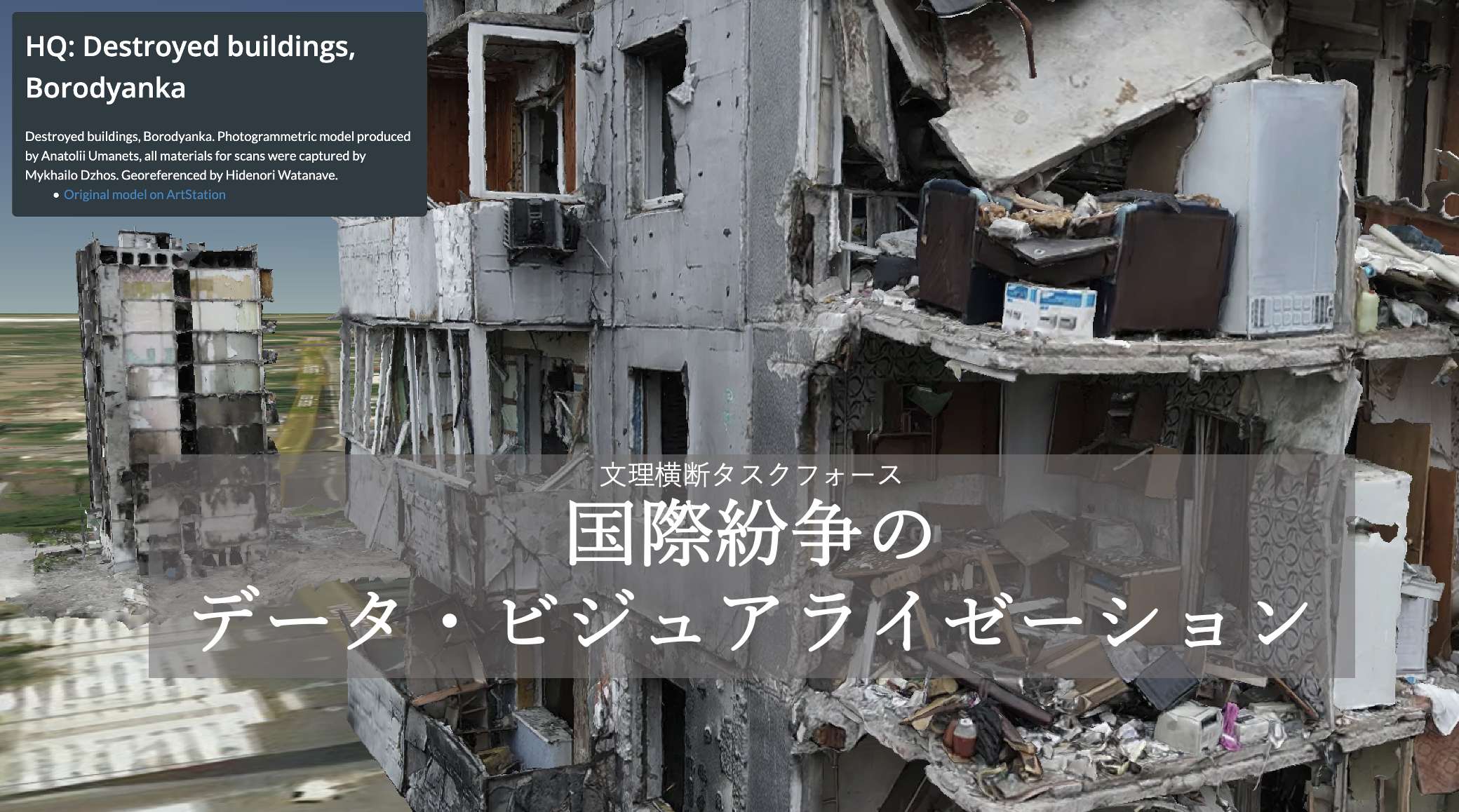
"Advanced Science and Technology and Security" Study Group

"Russian Domestic Politics" Sub Group
Members

Yu KOIZUMI
Areas of Expertise:
Russian Military Thought
Russian National Security Policy
Politics and International Relations of the Former Soviet Republics
Defence Technologies
Previously, Yu has held various positions, including Assistant Analyst at Ministry of Foreign Affairs of Japan, Research Fellow at Institute for Future Engineering (IFENG), Research Fellow at the National Diet Library, and also a visiting researcher at the Institute of World Economy and International Relations of the Russian Academy of Sciences (IMEMO RAN).
His publication in Japanese includes (in English translation titles): Russian MIlitary Strategy Today, 2021; The War in Ukraine, 2022; Okhotsk Nuclear Bastion, 2024.
His book "Teikoku" Roshia no Chiseigaku (Geopolitics of Russian "Empire") published in 2019 was awarded Suntory Prize for Social Sciences and Humanities in that year.
Yu has presented and published extensively on national security policies and strategies of Russia and the former Soviet republics, as well as defense technologies.
Yu holds a BA in Social Sciences and a MA in Political Science from Waseda University.
日本
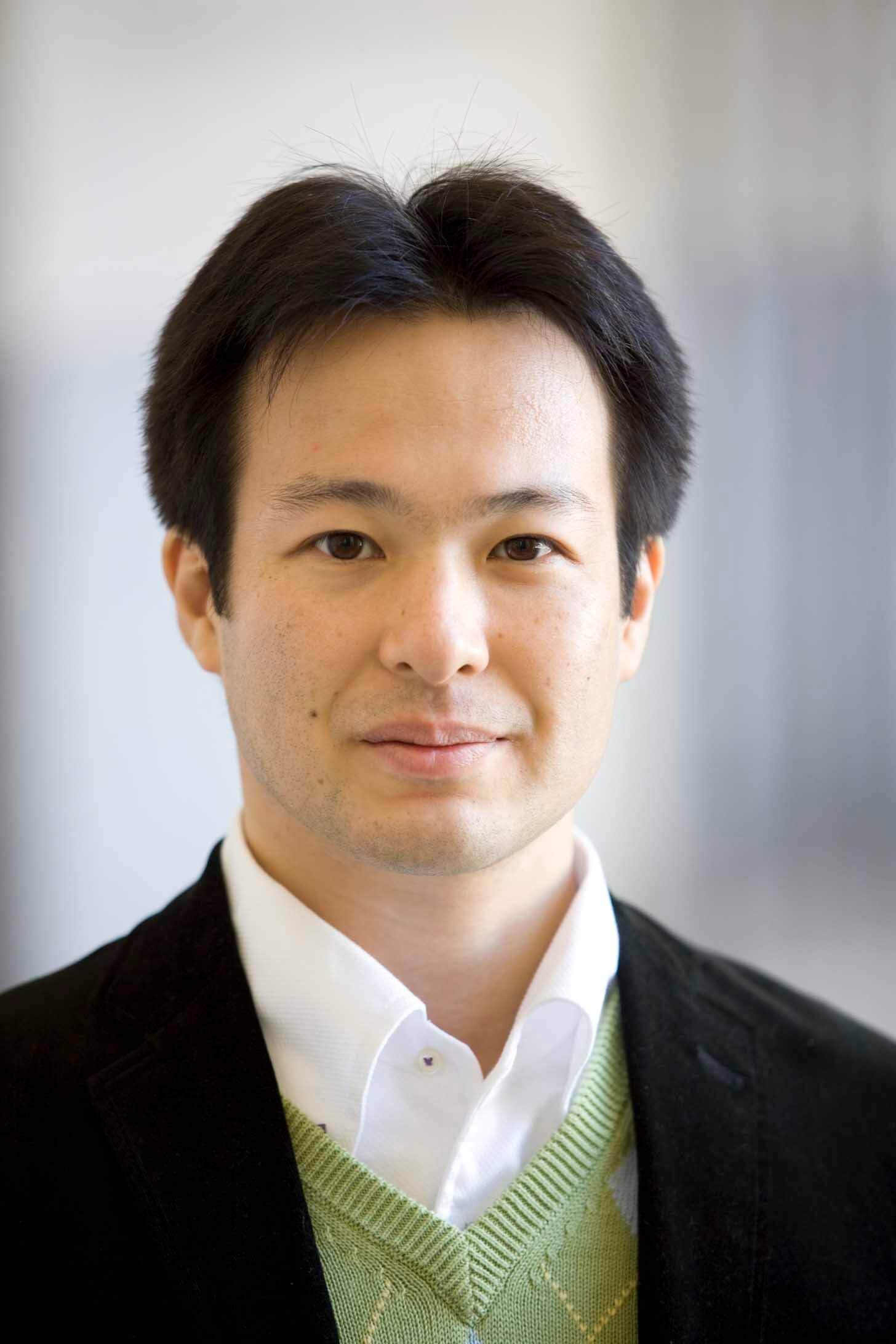
Satoshi IKEUCHI
Satoshi Ikeuchi is Professor of the Division of Religion and Global Security at the Research Center for Advanced Science and Technology (RCAST) of the University of Tokyo. He is the founding head of the RCAST Open Laboratory for Emergence Strategies (ROLES).
For the year 2022-2023, he is Senior Visiting Scholar in Residence at the Moshe Dayan Center (MDC) for Middle Eastern and African Studies of Tel Aviv University.
He is a scholar on Islamic political thought and the Middle East politics. As a leading public intellectual in Japan, he has been vigorously publishing on the Middle East and Islamic affairs.
His first publication based on his doctoral studies, Gendai Arabu-no Shakai Shiso: Shumatsuron-to Isramu-shugi (Contemporary Arab Social Thought: Eschatology and Islamism), was published in 2002 and earned Osaragi Jiro Prize for Critical Works. He also earned Suntory Prize for Social Sciences and Humanities in 2009 for his book Islamu Sekai-no Ronjikata (Methods of Discussing Islam).
His book on the Islamic State Isulamu Koku no Shogeki (The Impact of the Islamic State) published in January 2015 was a nation-wide best seller in Japan and awarded Mainichi Publishing Cultural Prize. His recent publication includes Saikusu Piko Kyotei: Hyakunen no Jubaku (Sykes-Picot Agreement: One Hundred Years of Obsession) in 2016 and Shiiaha to Sunniha (Shite and Sunnite) in 2018 both published from Shinchosha. He is the recipient of the 12th Nakasone Yasuhiro Prize in 2016 for his academic works and social engagements.
His collection of literary essays and book reviews Shomotsu not Unmei (The Fate of Books) published in 2006 and earned Mainichi Book Review Award for the year.
He was a visiting professor at the Alexandria University 2007-2008, Japan Scholar chair visiting scholar at the Woodrow Wilson International Center for Scholars in 2009 and Visiting Fellow at the Clare Hall, University of Cambridge in 2010.
He specializes in Middle East politics and Arab-Islamic Thought, particularly on global Jihadism and its implications for international security.
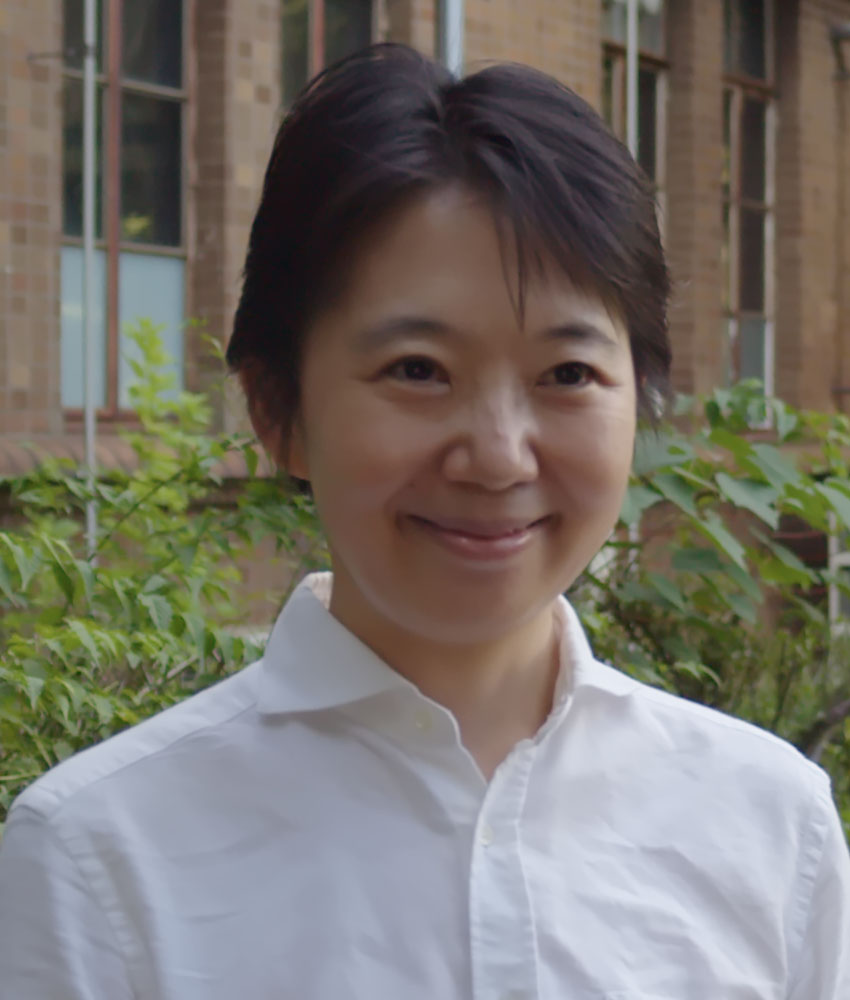
Yukie TATTA
Working Group 2 on Middle Eastern and Islamic Alternatives (Coordinator)
Professional Experience
2024 - : Project Researcher, Research Center for Advanced Science and Technology, The University of Tokyo
2024 - : Part-Time Lecturer, School of Global Studies, Tama University
2020 - 2023: Part-Time Lecturer, School of Global Studies, Tama University
2018 - 2020: Other, School of Global Studies, Tama University
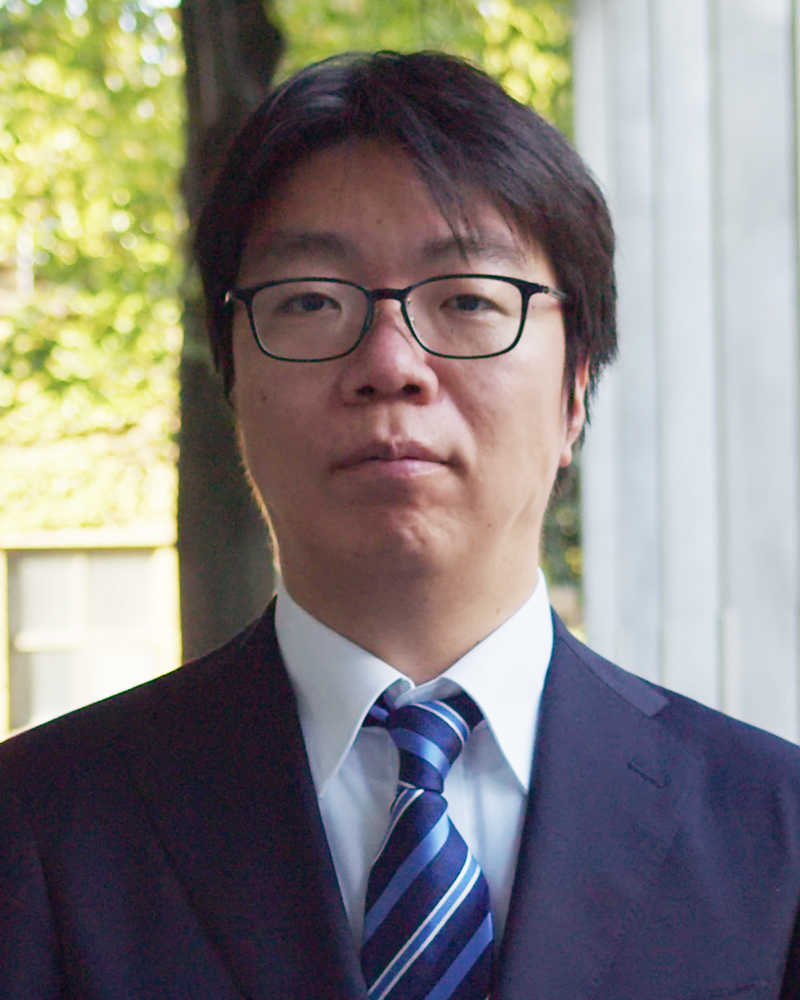
Ichiro KAJI, Ph.D.
Ichiro Kaji is a Project Researcher of Research Center for Advanced Science and Technology (RCAST), the University of Tokyo.
His research focuses on the provisions of the Japan-US Security Treaty, especially Article X which defines the duration of the treaty. He is currently building an online database of historical records of Japan-US relations on ROLES website.
He obtained his Ph.D. in Law and Politics from Osaka University in 2021. He was a Specially Appointed Fellow at Center for the Study of Co*Design, Osaka University(2018-2021).
Degree
Ph.D. (March 2021, Osaka University)
Professional Experience
Apr, 2021 - : Project Researcher, Research Center for Advanced Science and Technology, The University of Tokyo
Apr, 2021 - Mar, 2023: Invited Researcher, Center for Co-Design, Osaka University
Jun, 2018 - Mar, 2021: Project Researcher, Center for Co-Design, Osaka University
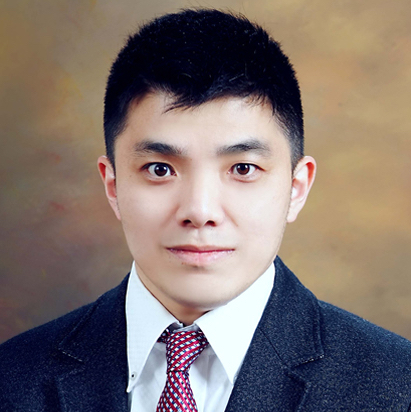
Ryo HINATA-YAMAGUCHI, Ph.D.
Former Project Assistant Professor/Project Research Associate (Aug. 2021-Aug. 2024)
His areas of specializations are Asian Politics and International Relations, Strategy and Defense, Transport Security
Working Group 4 on the Emerging Issues in Security Studies
Working Group 5 on Indo-Pacific Transport Security (Chair)
Ryo HINATA-YAMAGUCHI is a Project Assistant Professor at the Research Center for Advanced Science and Technology, the University of Tokyo; Senior Non-Resident Fellow at the Atlantic Council Scowcroft Center for Strategy and Security Indo-Pacific Security Initiative; and Adjunct Senior Fellow at the Pacific Forum. Ryo has presented, published, and consulted on a variety of topics relating to defense and security, and transport governance in the Indo-Pacific. Ryo previously served as a Non-Commissioned Officer in the Japan Ground Self-Defense Force (reserve) and also held positions at the Pusan National University, Universitas Muhammadiyah Malang, FM Bird Entertainment Agency, International Crisis Group Seoul Office, Sasakawa Peace Foundation, Embassy of Japan in Australia, and the Japan Foundation Sydney Language Centre. Ryo received his PhD from the University of New South Wales, MA in Strategic and Defense Studies and BA in Security Analysis from the Australian National University and was also a Korea Foundation Language Training Fellow.
Twitter: @tigerrhy
Instagram: https://www.instagram.com/tigerrhy/
Blog (Japanese): https://note.com/tigerrhy/
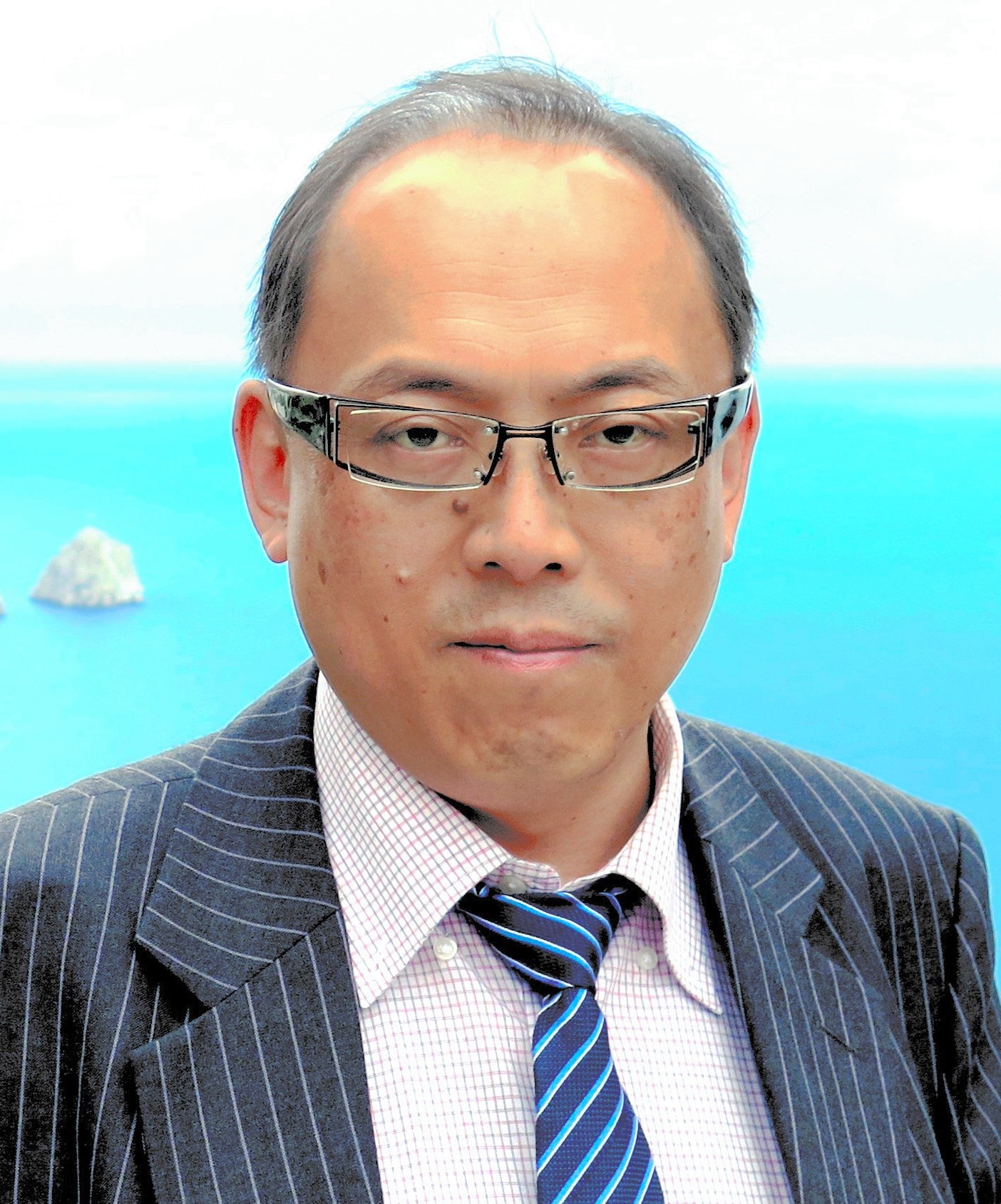
Norito KUNISUE
Publications
2025.12.19 (Fri.)
Report
Policy Recommendation on Japan's Middle East Regional Policy
2025.03.17 (Mon.)
Paper
Maria TANAKA "Insights from the 7th Asia Future Conference ‘Revitalization and Reconnection’" (ROLES REPORT No. 34)
2024.12.30 (Mon.)
Paper
Two Fractional Orbital Bombardment Systems: Comparing space bombardment systems of China and the Soviet Union (ROLES REPORT No.33)
2024.12.30 (Mon.)
Paper
Two Fractional Orbital Bombardment Systems: Comparing space bombardment systems of China and the Soviet Union (ROLES REPORT No.33)
2024.09.18 (Wed.)
Commentary
New activities found in Novaya Zemlya, the Russia's nuclear test site island (ROLES SAT ANALYSYS No.10)
2024.08.02 (Fri.)
Commentary
Chinese Air Force Deployment to Russian Arctic (ROLES SAT ANALYSIS No. 9)
2024.07.19 (Fri.)
Commentary
China’s activities in the South China Sea (ROLES SAT ANALYSIS No.8)
2024.06.22 (Sat.)
Commentary
Moves to conduct nuclear tests in China – Image analysis of the Lop Nur nuclear test site – (ROLES SAT ANALYSIS No. 7)
2024.05.27 (Mon.)
Commentary
[Conference Papers] Kohei Toyoda "The Future of Energy Cooperation between Japan and the Middle East"
2023.12.19 (Tue.)
Commentary
ROLES SAT ANALYSIS No.2 China’s ICBM Silo Constructions In Hami Area (2)
2023.11.27 (Mon.)
Commentary
ROLES SAT ANALYSIS No.1 China’s ICBM Silo Constructions In Hami Area (1)
